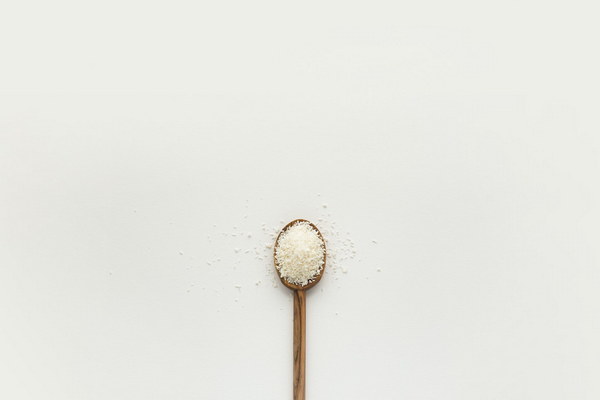Does Milk Protect or Harm the Liver Unveiling the Truth
Introduction:

The liver is one of the most vital organs in the human body, responsible for various functions such as detoxification, protein synthesis, and blood clotting. With numerous factors contributing to liver health, including diet, it's essential to understand the impact of certain foods on this crucial organ. One such food is milk, which has been both praised and criticized for its effects on the liver. In this article, we will explore whether milk is beneficial or detrimental to liver health.
The Potential Benefits of Milk for the Liver:
1. Rich in Essential Nutrients:
Milk is an excellent source of essential nutrients, including vitamins A, B12, D, and K, as well as minerals such as calcium, potassium, and phosphorus. These nutrients play a crucial role in maintaining liver health by supporting its detoxification process and promoting the regeneration of liver cells.
2. Aids in Fat Metabolism:
Milk contains a high concentration of healthy fats, such as conjugated linoleic acid (CLA) and omega-3 fatty acids. These fats have been shown to have a positive impact on liver health by reducing the risk of fatty liver disease and improving insulin sensitivity, which is essential for managing blood sugar levels.
3. Supports Immune System:
A strong immune system is vital for protecting the liver from various diseases. Milk contains immune-boosting nutrients, such as vitamin D and probiotics, which can help maintain a healthy immune response and reduce the risk of liver infections.
The Potential Risks of Milk for the Liver:
1. High Cholesterol Content:
Some types of milk, particularly whole milk, contain high levels of saturated fats and cholesterol. These substances can lead to the accumulation of fat in the liver, potentially causing non-alcoholic fatty liver disease (NAFLD) and other liver-related health issues.
2. Lactose Intolerance:
Individuals with lactose intolerance may experience digestive discomfort, including bloating, gas, and diarrhea when consuming milk. Although lactose intolerance doesn't directly harm the liver, the symptoms can lead to malnutrition, which can indirectly affect liver health.
3. Milk Allergies:
Some people have milk allergies, which can cause a range of adverse reactions, including inflammation of the liver. Although milk allergies are relatively rare, they can pose a significant risk to liver health.
Conclusion:
In conclusion, the impact of milk on liver health is a complex issue with both potential benefits and risks. While milk is a rich source of essential nutrients and can support liver function, its high cholesterol content and potential for causing lactose intolerance or milk allergies should be considered. For individuals with a healthy liver, moderate consumption of milk may be beneficial. However, for those with pre-existing liver conditions or specific dietary restrictions, it is essential to consult with a healthcare professional before incorporating milk into their diet. By understanding the potential risks and benefits, one can make informed decisions regarding their dietary choices and maintain optimal liver health.









